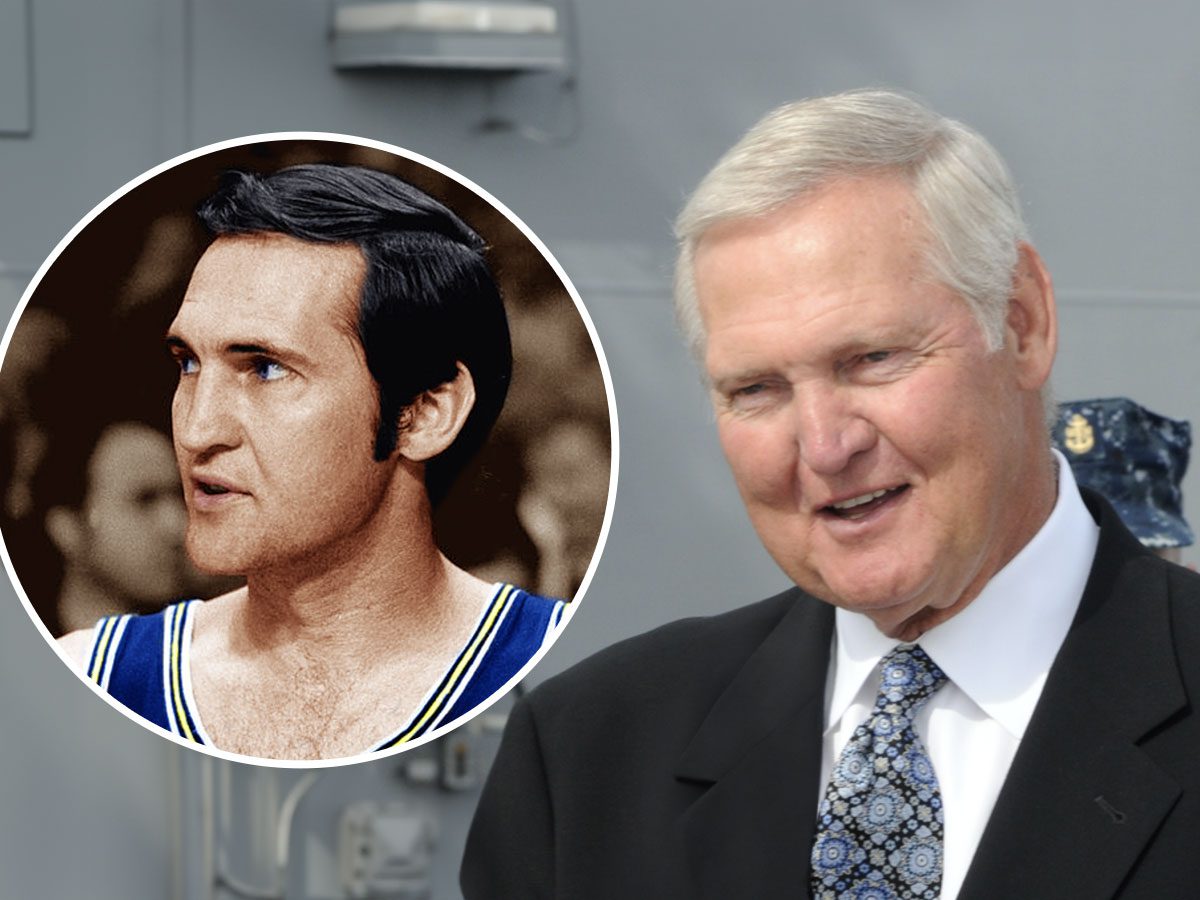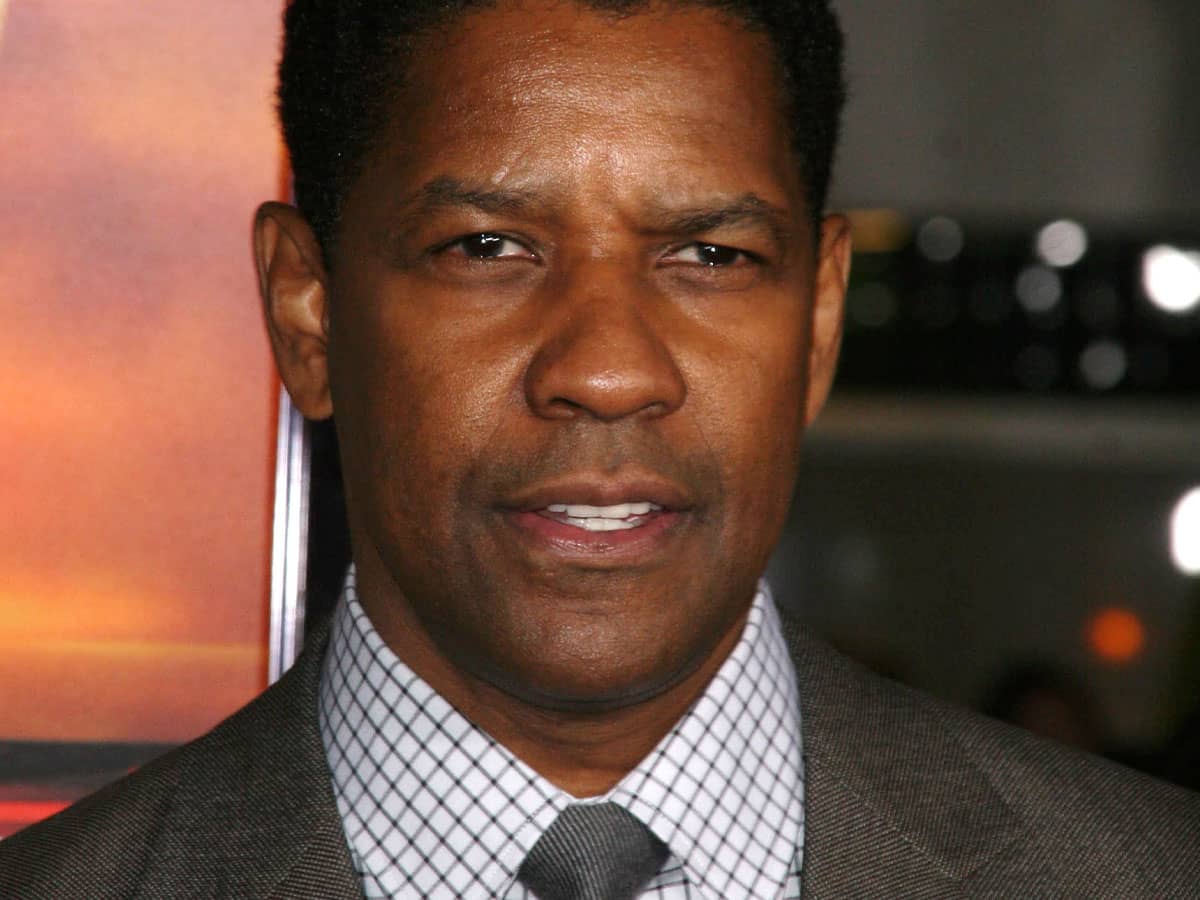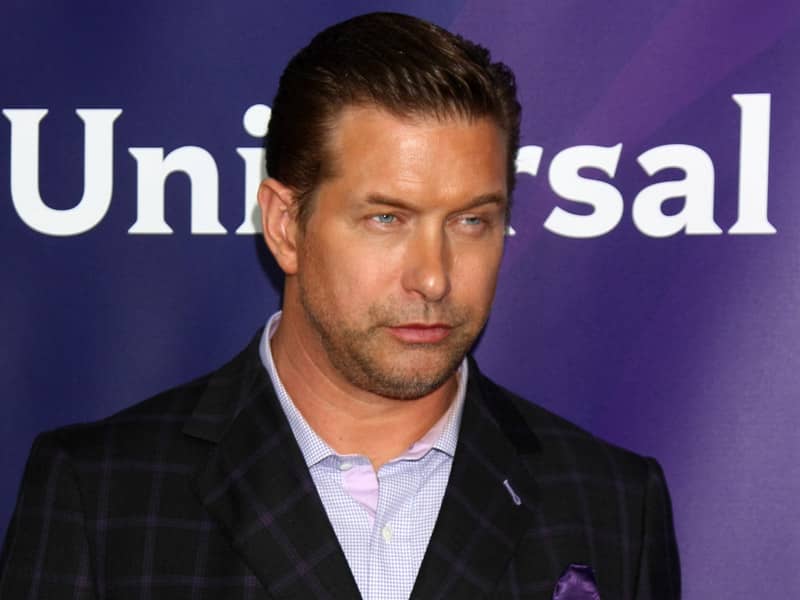
- Faith: Christian
- Career: Athlete
- Birthday: May 28, 1938
- Date of Death: June 12, 2024
Jerry West was an NBA executive and former Hall of Fame basketball player. His nicknames included "the Logo," in reference to his silhouette being the basis for the NBA logo. Beyond his on-court achievements, West's contributions as an executive helped shape the modern NBA.
West was born on May 28, 1938, in Chelyan, West Virginia, a small town near the state capital, Charleston. The fifth of six children, Jerry grew up in a modest household during the difficult economic times of the Great Depression and World War II. His father, Howard, worked in a coal mine, and his mother, Cecile, was a homemaker. Despite the financial hardships, West's family was close-knit, and his parents instilled in him values of hard work, determination, and humility.
West's early years were marked by both tragedy and triumph. When he was 12, his older brother, David, was killed in the Korean War, a loss that profoundly affected him and his family. Jerry found solace in sports, particularly basketball. His passion for the game was evident from a young age, and he spent countless hours practicing his skills on a makeshift hoop in his backyard. Despite being small and frail as a child, West's tenacity and relentless work ethic helped him develop into a formidable player by the time he reached high school.
At East Bank High School, West's talent blossomed. He led his team to the state championship in 1956, earning All-State honors and gaining recognition as one of the best high school players in the country. His prowess on the court earned him a scholarship to West Virginia University, where he continued to excel.
During his college career, West was a dominant force. He led the Mountaineers to the NCAA championship game in 1959, although they fell short against the California Golden Bears. Despite the loss, West was named the tournament's Most Outstanding Player, a testament to his individual brilliance. Over his collegiate career, he averaged 24.8 points per game and was twice named a consensus All-American.
In 1960, West was selected as the second overall pick in the NBA Draft by the Minneapolis Lakers, who would soon relocate to Los Angeles. Thus began one of the most storied careers in NBA history. Known for his clutch shooting, impeccable skills, and fierce competitiveness, West quickly became a cornerstone of the Lakers franchise.
Over a 14-year career, West was named an All-Star 14 times and earned 10 All-NBA First Team selections. His scoring ability was legendary, and he retired with an average of 27 points per game, ranking among the highest in NBA history. West was nicknamed "Mr. Clutch" for his ability to perform under pressure, most famously hitting a 60-foot shot to send Game 3 of the 1970 NBA Finals into overtime.
Despite his individual success, West's career was also marked by heartbreak. He led the Lakers to the NBA Finals nine times but secured only one championship, in 1972. His determination and perseverance in the face of repeated setbacks became emblematic of his legacy. West's impact extended beyond scoring; he was also a tenacious defender, earning four All-Defensive Team selections.
After retiring in 1974, West seamlessly transitioned into coaching and executive roles. He served as head coach of the Lakers for three seasons, guiding them to the playoffs each year. However, his greatest contributions came as an executive. As the Lakers' general manager, West was instrumental in building the "Showtime" Lakers of the 1980s, a dynasty that won five championships. He later played a key role in assembling the Lakers' early 2000s championship teams, featuring Shaquille O'Neal and Kobe Bryant.
West's keen eye for talent and strategic acumen earned him a reputation as one of the greatest executives in NBA history. He also had successful stints with the Memphis Grizzlies and the Golden State Warriors, contributing to their resurgence and championship runs. In recognition of his contributions to the sport, West was inducted into the Naismith Memorial Basketball Hall of Fame twice: once as a player in 1980 and again as an executive in 2002.
Jerry West's personal life was as rich and complex as his professional career. He married his college sweetheart, Martha Jane Kane, in 1960. The couple had three sons: David, Michael, and Mark. Despite the pressures of his career, West was deeply committed to his family. He often spoke about the challenges of balancing the demands of professional sports with the responsibilities of fatherhood.
In 1976, West and Martha divorced, a difficult period that West later described as one of the most challenging times of his life. He found love again with Karen Bua, whom he married in 1978. Together, they had two sons, Ryan and Jonnie. West's devotion to his children was evident, and he was known to be a supportive and loving father.
In his later years, West continued to be involved in basketball, serving as an advisor and mentor to several NBA teams. His health began to decline in the early 2020s, but he remained a beloved figure in the basketball community. On June 12, 2024, Jerry West passed away peacefully at his home, surrounded by his family.
Jerry West's Religious Beliefs
West's upbringing in West Virginia was rooted in the Christian faith, a foundation that he carried throughout his life. He was a private person regarding his religious beliefs, often choosing to express his faith through actions rather than words. West's humility, integrity, and dedication were seen by many as reflections of his spiritual values. His faith provided him with strength and resilience, helping him navigate the ups and downs of his career and personal life.
Back to the Celebrity Faith Database









